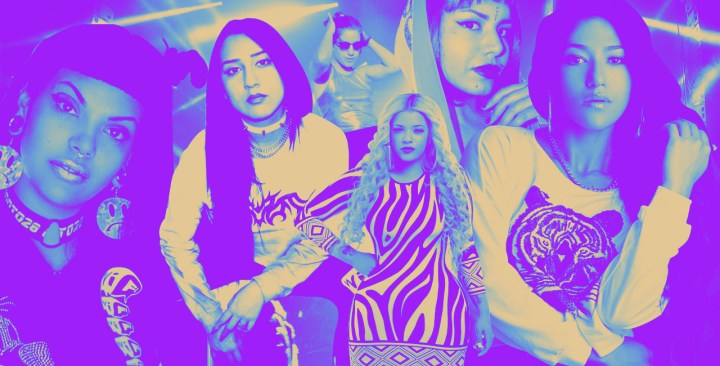1
La Atrevida
I’m going to lobby for a little re-ordering of reggaetón history here. Early precursors to the birth of the genre place us in Panamá, with notorious covers-en-español of Jamaican riddims like Nando Boom’s “Dembow” and Pocho Pan’s “Pantalón Caliente,” or even plena innovation from El General on “Te Ves Buena” and “Muevelo Muevelo.” Somehow, however, La Atrevida has gone missing from most retellings of this history. The artist also known as Rude Girl was hopping on early 90s riddims for tracks like “Estás Dulce,” taking on a remake of Shabba Ranks’ “Pay Down Pon It” for “Si El Hombre Quiere Pedazo,” and even sharing releases with El General and Little Lenny, yet somehow she is little-discussed in the history of our dear reggaeton. La Atrevida for Boss Status, please. –Sara Skolnick
